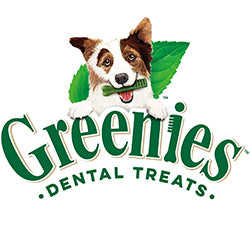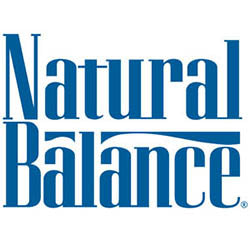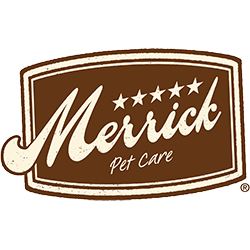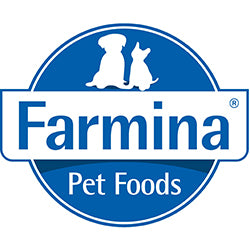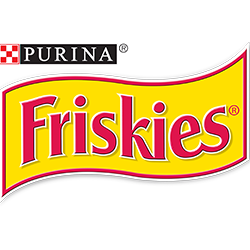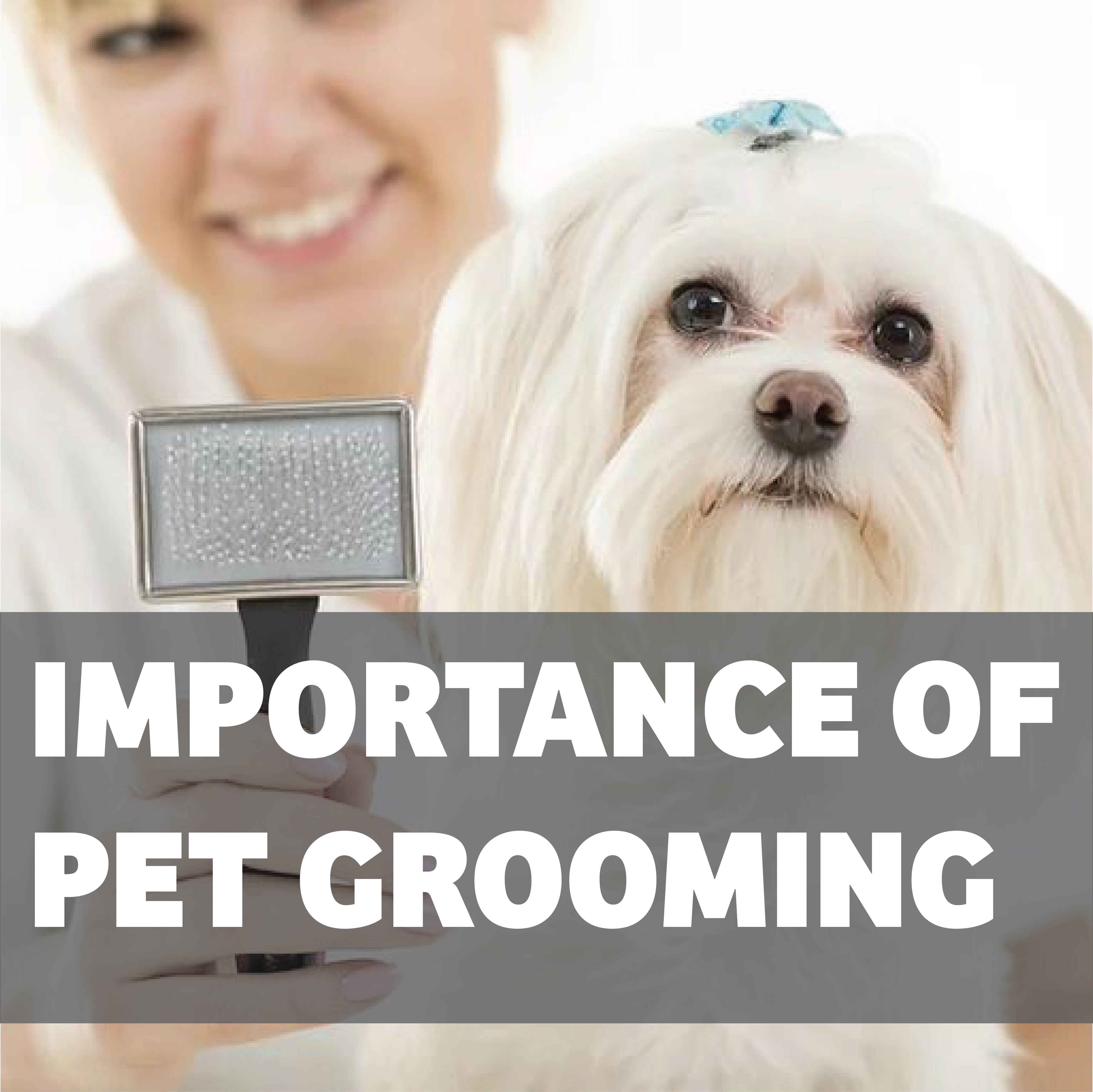
Importance of Pet Grooming and Hygeine
Why Grooming and Hygiene is crucial
Pet grooming and hygiene are important aspects of pet care that should never be overlooked. Proper grooming can help prevent infections and diseases, while also keeping your pet looking and feeling their best. Here are some tips for effective pet grooming and hygiene.
Regular Bathing
Regular bathing is essential for maintaining good pet hygiene. How often you should bathe your pet will depend on their breed, coat type, and activity level. Dogs that spend a lot of time outdoors or that have long hair may require more frequent bathing than indoor pets with short hair. In general, it's best to bathe your pet every 4-6 weeks.
When bathing your pet, use a gentle pet-specific shampoo and warm water. Be sure to rinse your pet thoroughly to remove all shampoo residue. Avoid getting water in your pet's ears or eyes, and use a towel or blow dryer on a low setting to dry them off.
Brushing and Coat Care
Regular brushing is an important part of pet grooming, especially for pets with long or thick coats. Brushing helps to remove loose hair, tangles, and dirt, and it also promotes healthy skin and coat. Use a pet-specific brush or comb that is appropriate for your pet's coat type.
In addition to brushing, it's important to trim your pet's nails regularly. Overgrown nails can be a discomfort and even lead to infections. If you're not comfortable trimming your pet's nails yourself, take them to a professional groomer or veterinarian for help.
Dental Care
Dental care is another important aspect of pet hygiene. Just like humans, pets can develop dental issues like tooth decay, gum disease, as well as bad breath. To maintain good dental hygiene, brush your pet's teeth regularly with a pet-specific toothbrush and toothpaste. You can also offer your pet dental chews and treats to help keep their teeth clean and healthy.
Ear Care
Proper ear care is important for preventing infections and other ear problems. Check your pet's ears regularly for signs of redness, swelling, or discharge. If you notice any of these signs, bring your pet to a veterinarian to have your pet checked out.
To clean your pet's ears, use a gentle ear cleaner specifically designed for pets. Never use cotton swabs or any other objects to clean your pet's ears, as this can cause injury.
Fleas and Tick Preventions
Flea and ticks can produce a range of health issues in pets, including skin irritation, infections, and disease. To prevent flea and tick infestations, use a pet-specific flea and tick preventative. You can also reduce your pet's exposure to fleas and ticks by keeping your home and yard clean and free of debris.
In addition to these basic pet grooming and hygiene practices, it's important to monitor your pet's overall health and wellness. If you notice any changes in your pet's behavior or health, take them to a veterinarian for a checkup.
In some cases, behavior modification may be necessary to help address certain pet hygiene issues. For example, some pets may be resistant to nail trimming or ear cleaning. In these cases, it's important to work with a professional trainer or behaviorist to help your pet become more comfortable with these grooming tasks.
- Choosing a selection results in a full page refresh.




